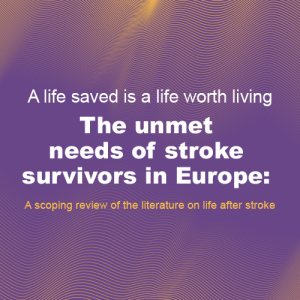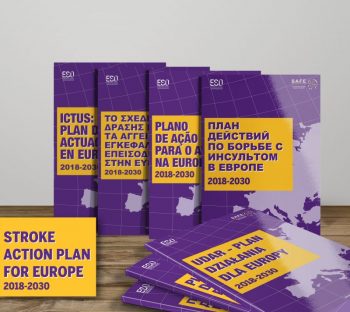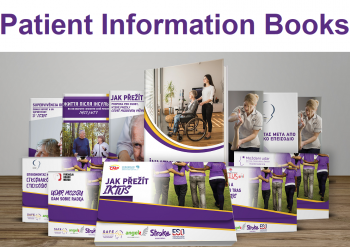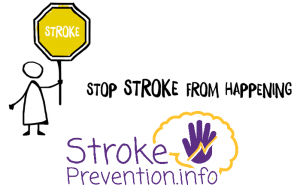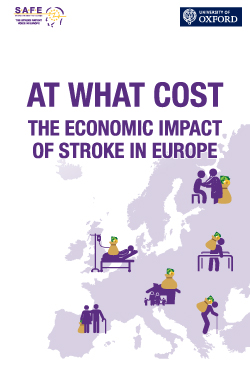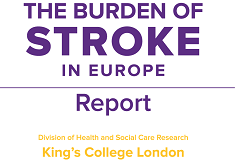Using everyday drugs to treat stroke complications and save lives 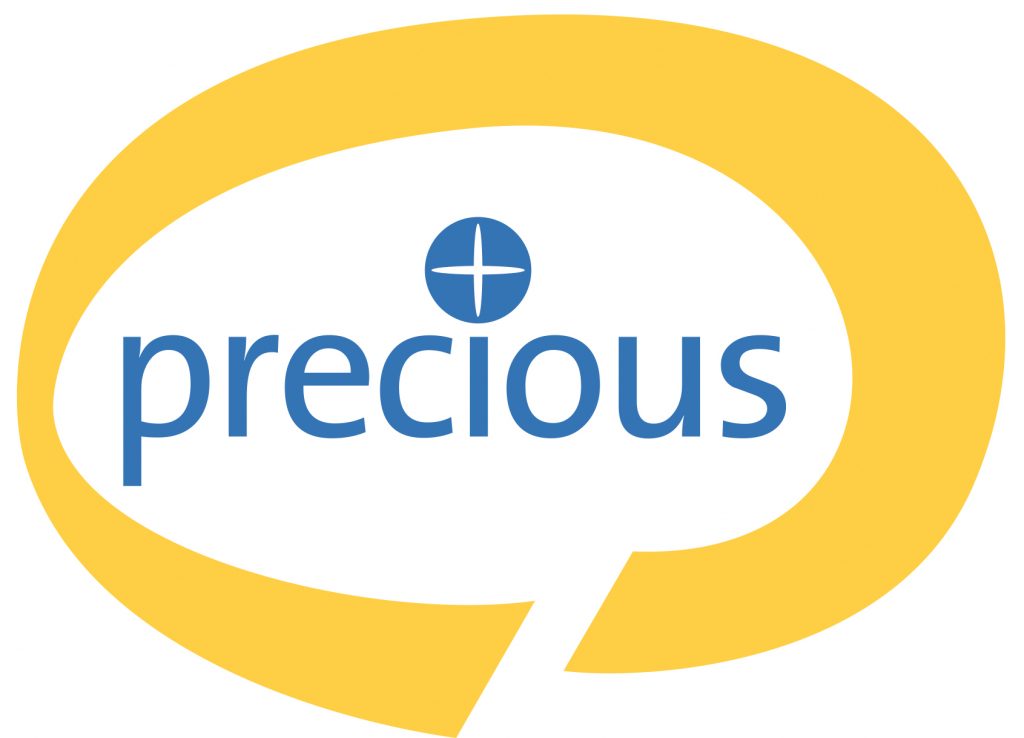
This study uses cheap, off-the-shelf medications that are simple, safe and readily available.
We spoke to Dr Bart van der Worp, UMC Utrecht, Netherlands, project coordinator about the research.
Dr van der Worp – What is this research about?
In the first days after stroke, about a third of all patients develop a complication such as a pneumonia or fever. Complications are more frequent in older patients or those who have suffered a severe, disabling stroke. Complications can slow down recovery and prolong hospital stay and are sadly associated with an increased risk of death or long-term dependency on healthcare.
The risk of developing an infection or fever can in theory be reduced by very simple, safe, and inexpensive medication, such as metoclopramide to prevent nausea and vomiting, antibiotics to prevent infections, and paracetamol to prevent the occurrence of fever.
The PRECIOUS study will assess whether these medications not only prevent complications but also improve recovery and reduce the risk of death in elderly patients with acute stroke.
Dr van der Worp – What results do you have so far?
Over 1400 patients from nine European countries have participated in PRECIOUS so far. The final results will only be known after the completion of the study in November 2022. However, an annual review by an independent safety committee has shown that the medication used in PRECIOUS is indeed safe.
Dr van der Worp – What will this research mean for stroke patients?
Quite simply, if these low-cost, affordable treatments work as well as we hope, they could have the potential to save the lives of thousands of elderly Europeans surviving their stroke.
Here Wouter Sluis, PRECIOUS trial coordinator, tells us more about the project youtu.be/B9TBrhRJp0Y
To find out more check out the project’s website https://www.precious-trial.eu/
PRECIOUS has received funding from the European Union’s Horizon 2020 research and innovation programme under grant agreement No 634809.

